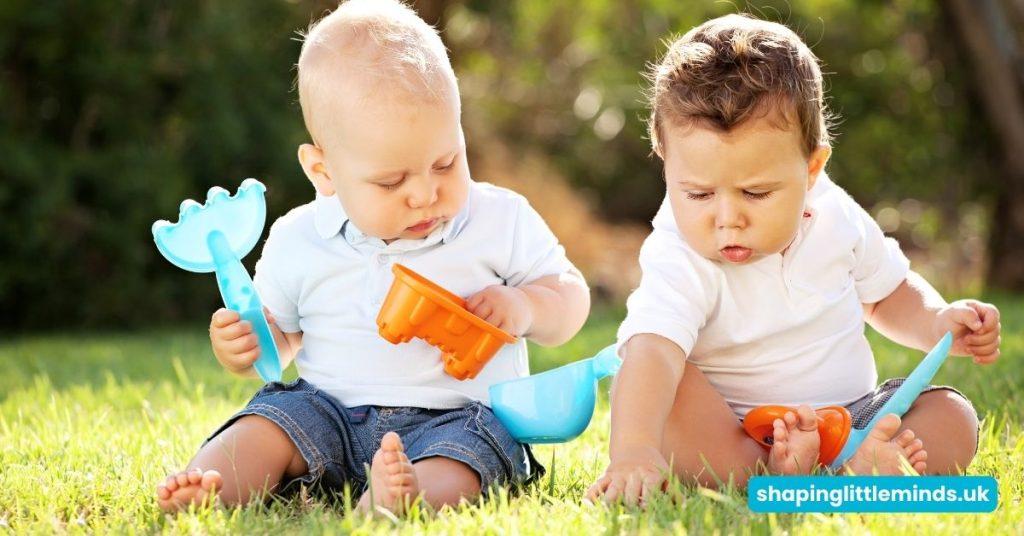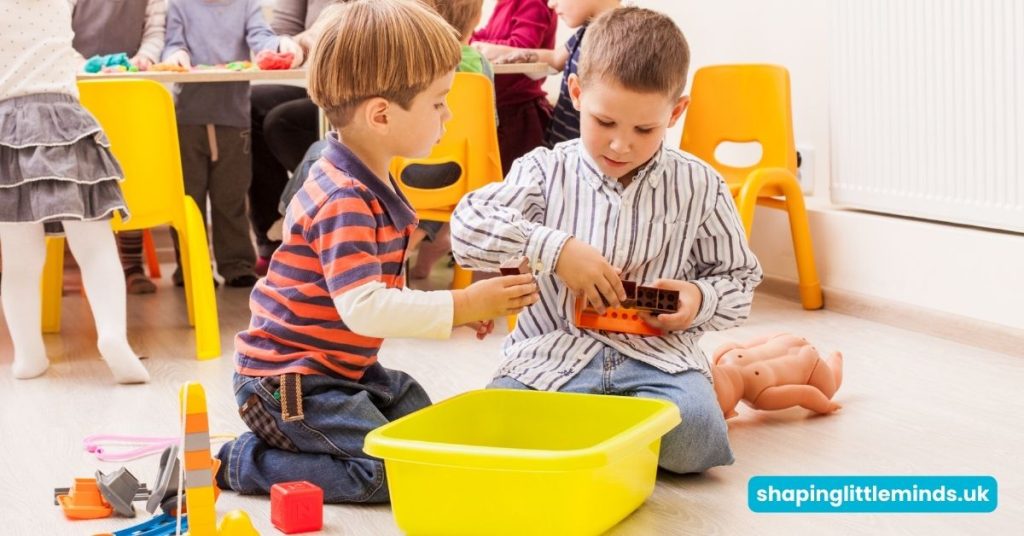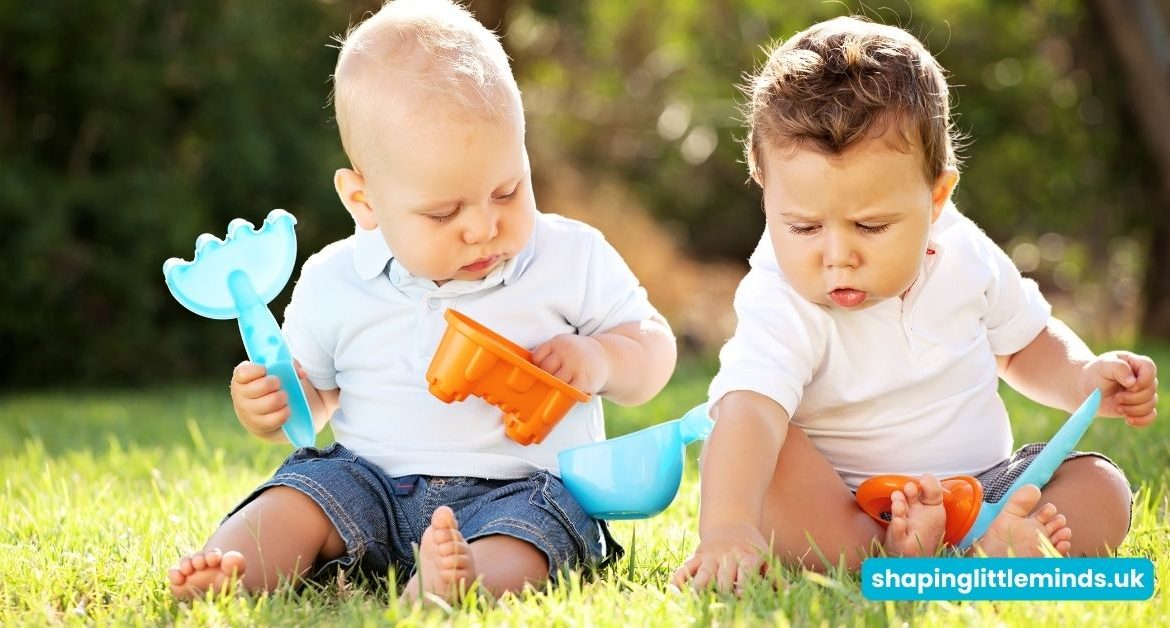At our playgroup, we have children ranging from 6 months to 4 years old, and one of the things we’ve noticed is that babies and toddlers are natural imitators. From a young age, they learn by observing and copying the behavior of those around them. In fact, imitation is one of the primary ways in which babies learn about their environment and develop new skills.
What is Imitation?
Imitation is the act of replicating the actions, words, or gestures of others. For babies, this might mean imitating the facial expressions and sounds of their parents, while for toddlers, it might involve copying the movements and behaviors of other children in their playgroup. By imitating others, babies and toddlers are able to learn new skills and behaviors more quickly and efficiently than if they had to figure things out on their own.

Benefits
So, what are some of the benefits of learning by modelling or imitation? Let’s take a look:
Faster Learning:
Babies and toddlers are able to learn new skills more quickly when they have a model to imitate. For example, if a baby sees their parent clapping their hands, they might try to imitate this behavior themselves. By imitating others, babies and toddlers are able to learn new skills and behaviors more quickly and efficiently than if they had to figure things out on their own.
Socialization:
Learning by imitation also helps babies and toddlers develop socialization skills. By watching and imitating the behavior of others, they learn how to interact with others and how to navigate social situations. This can be especially important for toddlers who are just starting to learn about sharing, taking turns, and playing with others.
Language Development:
Babies and toddlers also learn language by imitating the sounds and words they hear from others. By listening to their parents or caregivers speak, they learn the sounds and patterns of language, and by imitating these sounds themselves, they begin to develop their own language skills.
Motor Development:
Imitation can also help babies and toddlers develop their motor skills. By watching others move and copy their movements, they learn how to control their own bodies and develop new physical abilities.

At our playgroup, we encourage imitation and modelling by providing a safe and supportive environment for babies and toddlers to explore and learn. We offer a variety of activities that allow children to watch and imitate others, such as singing songs, playing with toys, and engaging in group play. By providing a rich environment for imitation, we’re able to help children learn and develop new skills in a fun and engaging way.
Conclusion
In conclusion, learning by modelling or imitation is a natural and important part of a baby or toddler’s development.
By providing opportunities for imitation and modelling, parents and caregivers can help their children learn new skills more quickly and efficiently, develop socialization skills, and support language and motor development.
At our playgroup, we’re proud to offer a safe and supportive environment for babies and toddlers to learn and grow through imitation and modelling.
Join Us! shapinglittleminds.uk/bookings/

